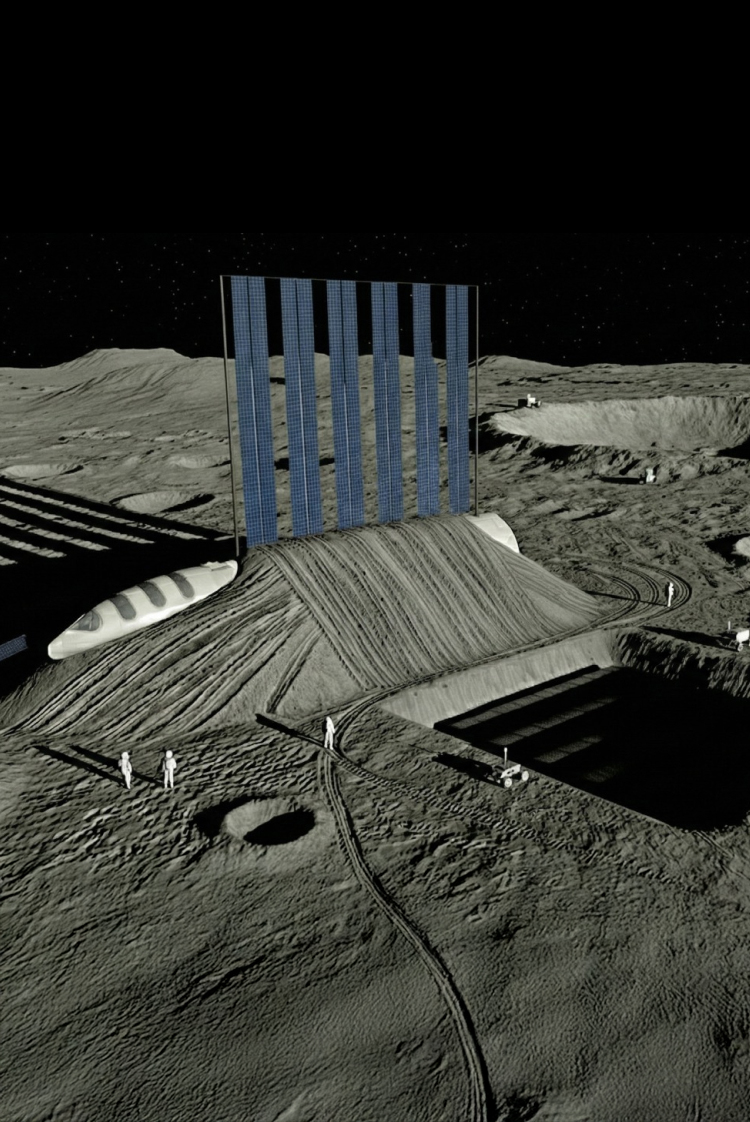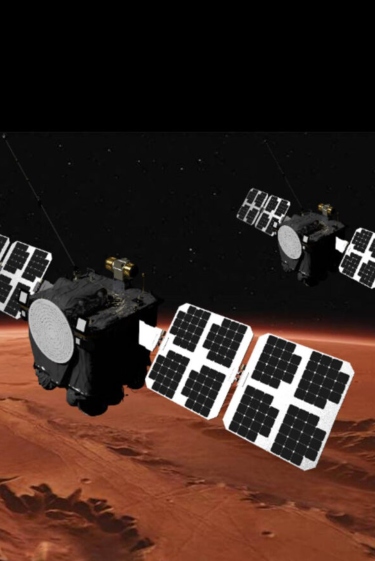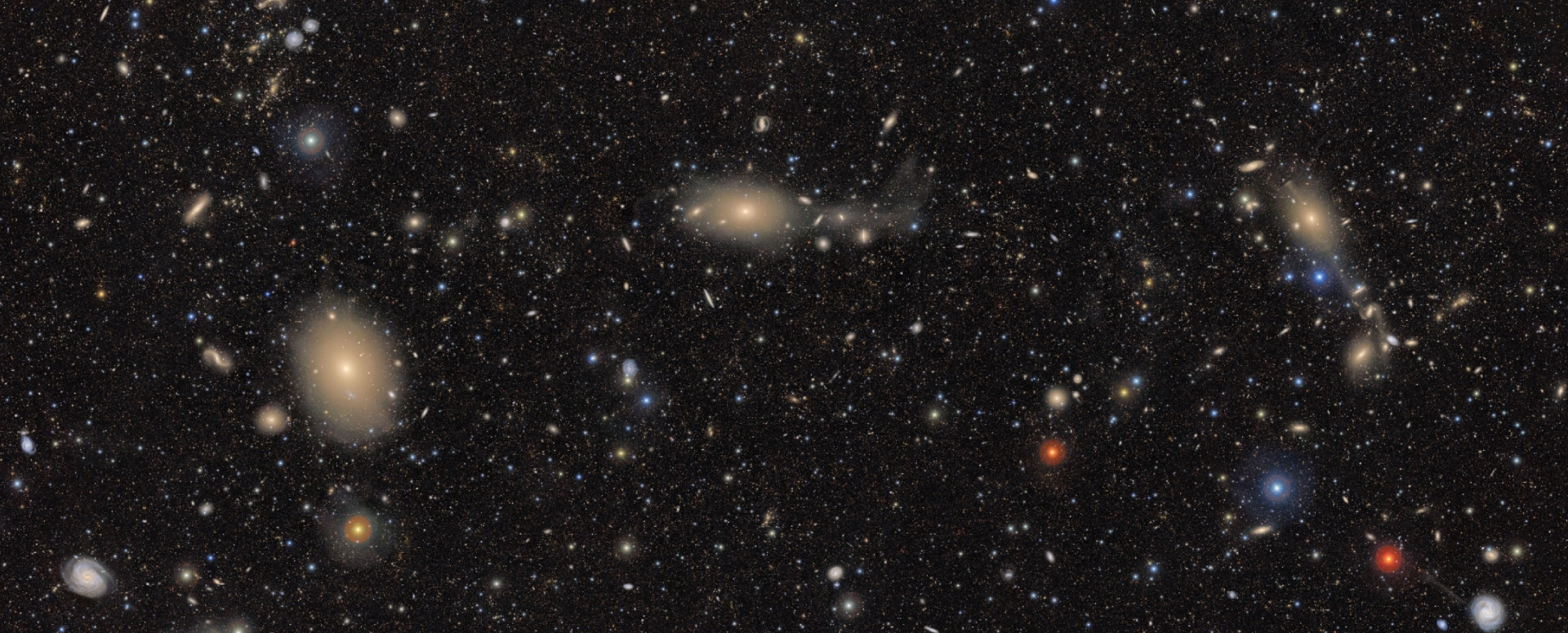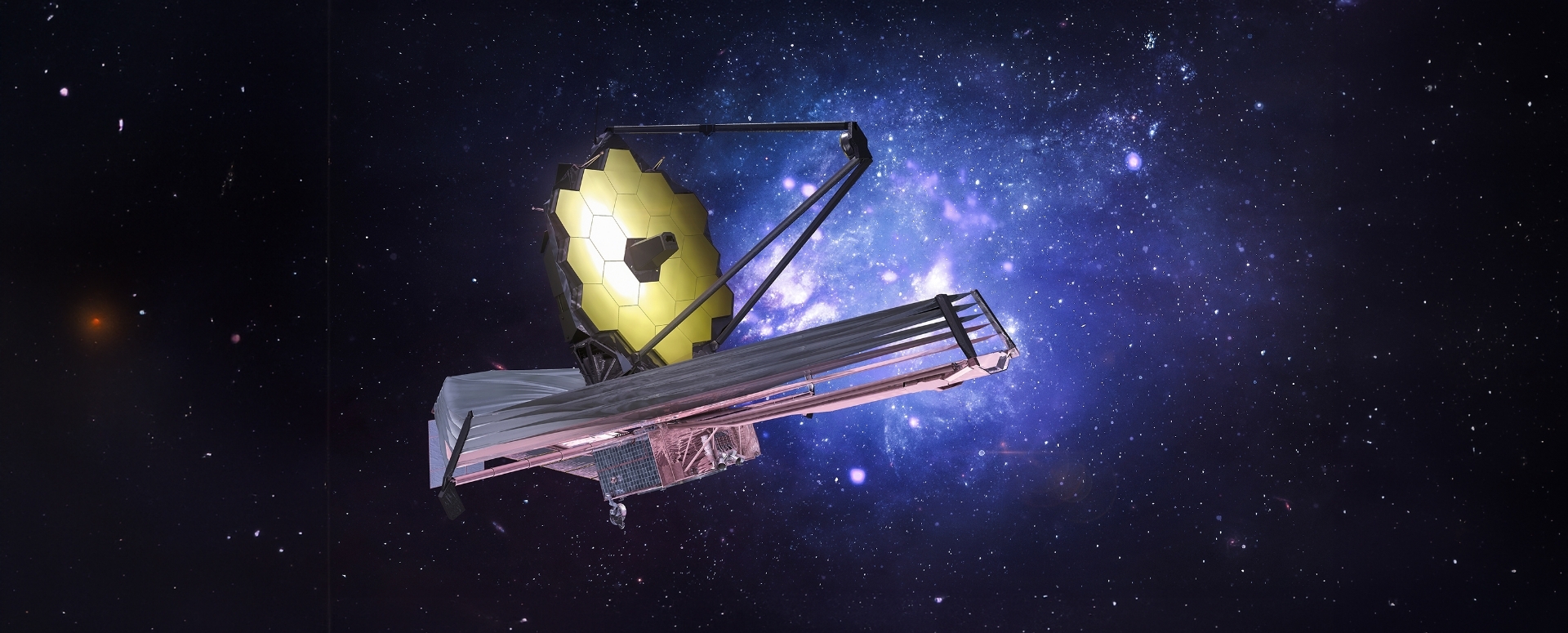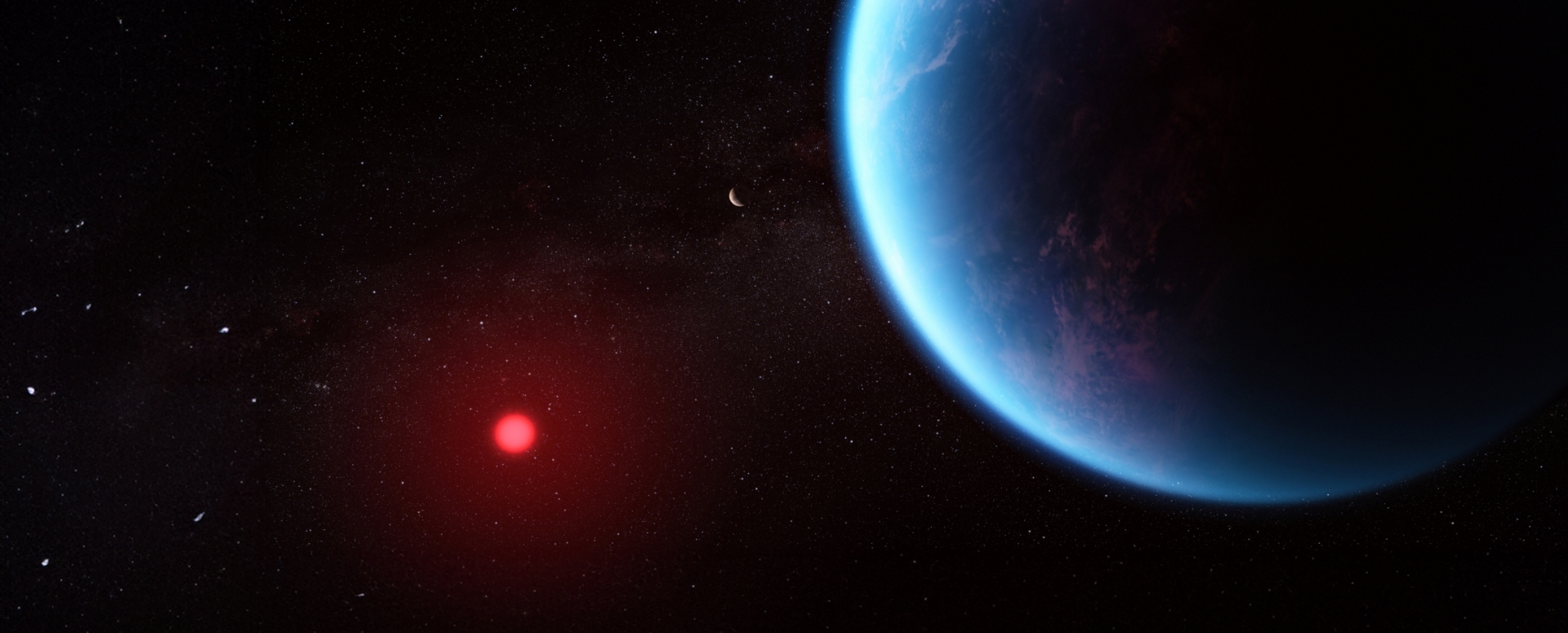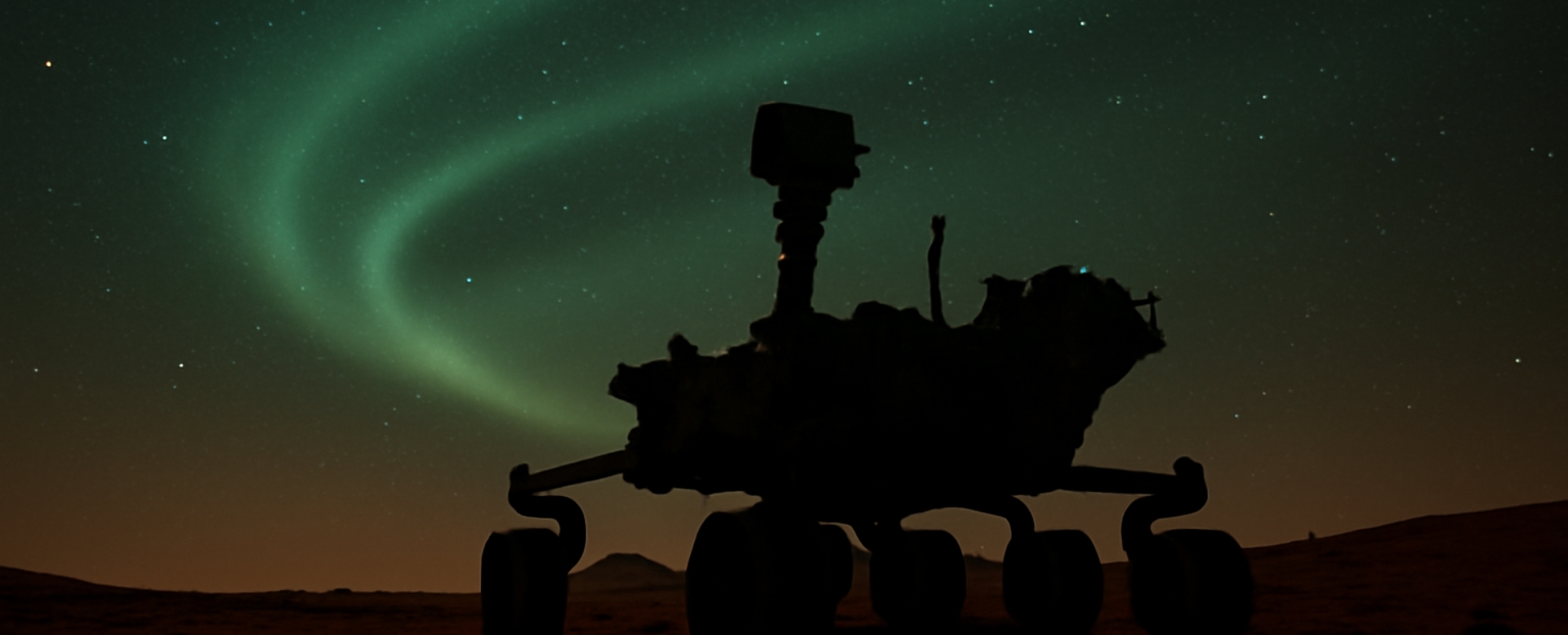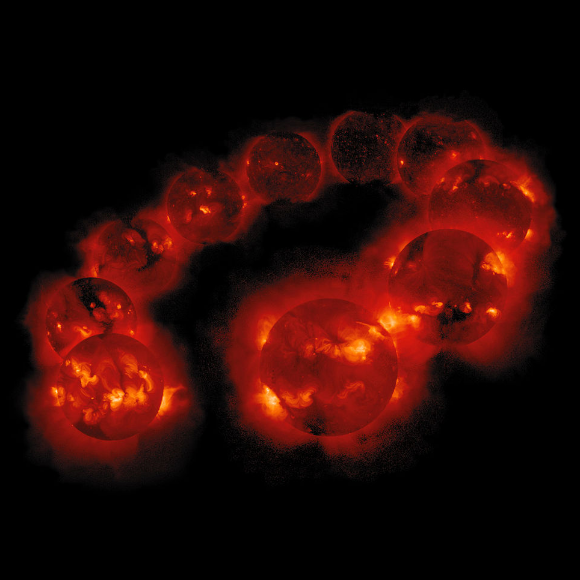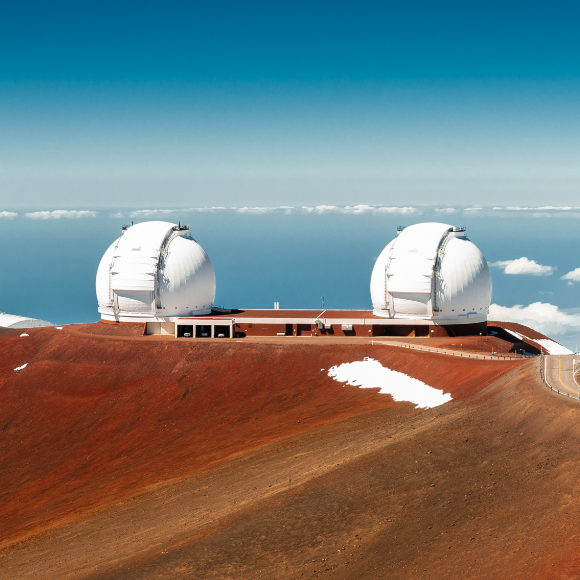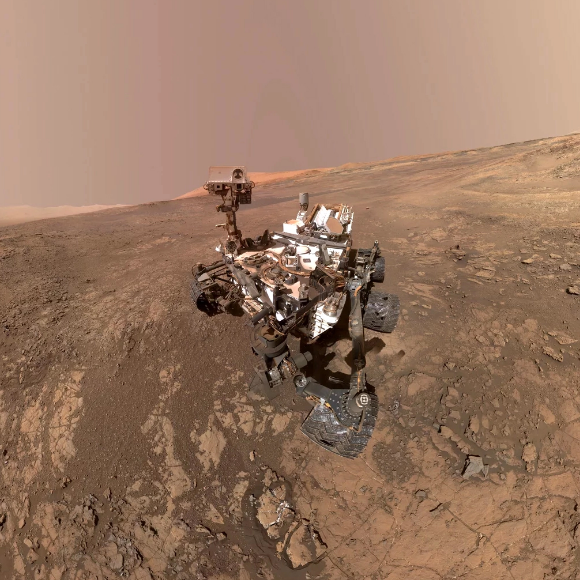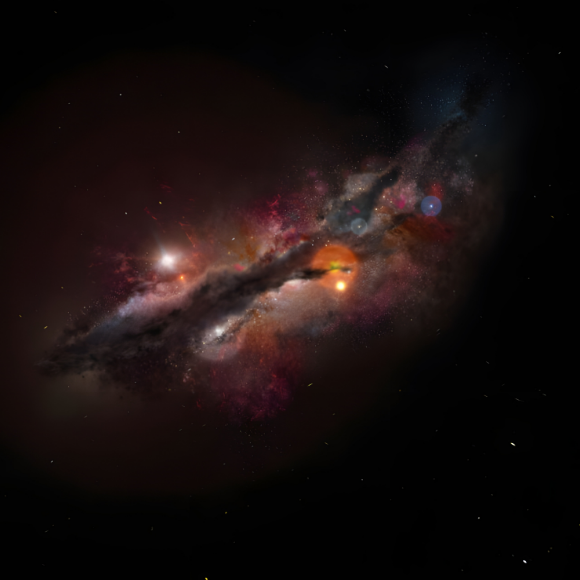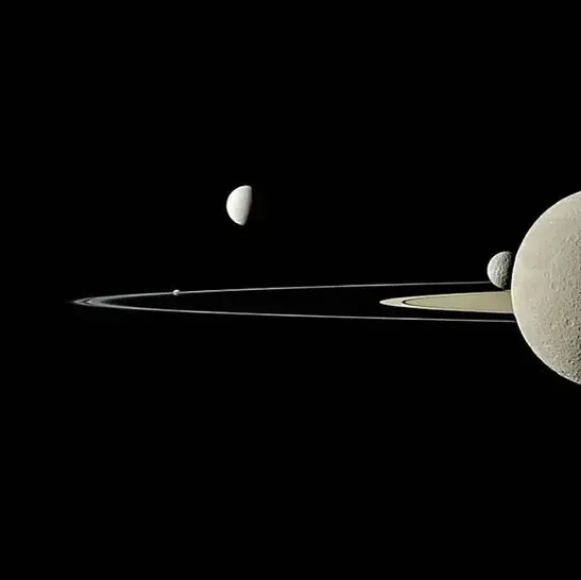Heading Back to the Moon: Inside Artemis II
For the first time in more than half a century, humans will leave low Earth orbit and fly close to the Moon—without landing. Artemis II is meant to be the next step toward returning astronauts to the lunar surface, but major – and costly – challenges still lie ahead.
Retirement, a Landing, and a Solar Eruption: Space News Roundup
A veteran astronaut retires from NASA, a cracked spacecraft landed safely, a major military space-debris removal effort takes shape—and what’s the connection between solar eruptions and avalanches? Space News Roundup
A Brief History of the Telescope
For thousands of years, humans gazed at the sky without understanding what lay behind the points of light above them. The invention of the telescope opened a window for humanity to distant worlds. But whom do we have to thank for the device that can transform a tiny speck in the night sky into a breathtaking image of Saturn?
Solar Storms and a Mars-Bound Launch: This Week in Space
Blue Origin successfully launched a mission to Mars — despite solar storms that lit up the aurora as far south as the U.S. Deep South. China sets new launch records, and astronomers uncover unusual planets in a distant star system. This Week in Space
A Twin Mission to Study Mars: ESCAPADE Takes Flight
The United States has launched two satellites to study the atmosphere of our neighboring planet, in the first operational launch of Blue Origin’s New Glenn rocket — a mission that concluded with a successful landing of its first stage on a sea platform.
Israeli Science Joins a Global Space Effort: This Week in Space
Private astronauts arrived at the International Space Station, continuing a long-standing Israeli research initiative. A European spacecraft was lost during reentry, a U.S. solar probe completed another close pass by the Sun, and a new telescope began its mission to map the skies. This Week in Space
The History of Missiles and Rockets: From Ancient China to Iran and Mars
For centuries, missiles and rockets have played a dual role in human progress—sometimes advancing science, but more often serving as instruments of destruction. How were these technologies developed? What are they capable of? And how do we defend against them?
Fading Hopes for Life on Exoplanet K2-18b
Researchers recently reported the discovery of a biological molecule in the atmosphere of a distant exoplanet – raising excitement about the possibility of life beyond Earth. However, a series of new studies casts significant doubt on the likelihood of life there.
Major Space Milestone for Israeli Company: This Week in Space
Ramon.Space makes headlines with a multi-million-dollar satellite computer deal, another Starship test launch approaches, Venus shows signs of tectonic activity, and new findings suggest the universe’s end may come sooner than expected. This week in space.
The Sun’s Internal Clock – Exploring Solar Cycles
Even if the Sun always looks the same to us, sunspots—whose sizes vary—were already identified back in the 18th century. The effort to understand what causes these changes led to a fascinating journey into the Sun’s activity cycles and the influence of the planets on it.
Saturn’s Moons, Layoffs, and a New Telescope: This Week in Space
NASA is initiating layoffs as part of a cost-cutting plan. Meanwhile, a powerful new space telescope has launched, 128 new moons have been discovered orbiting Saturn, and the Voyager spacecraft are getting a life-extending strategy. This Week in Space.
